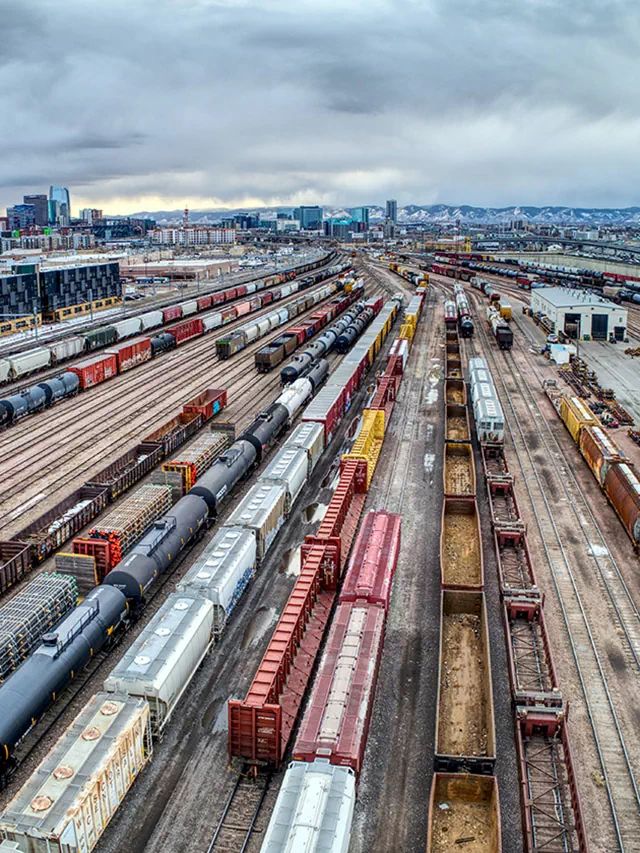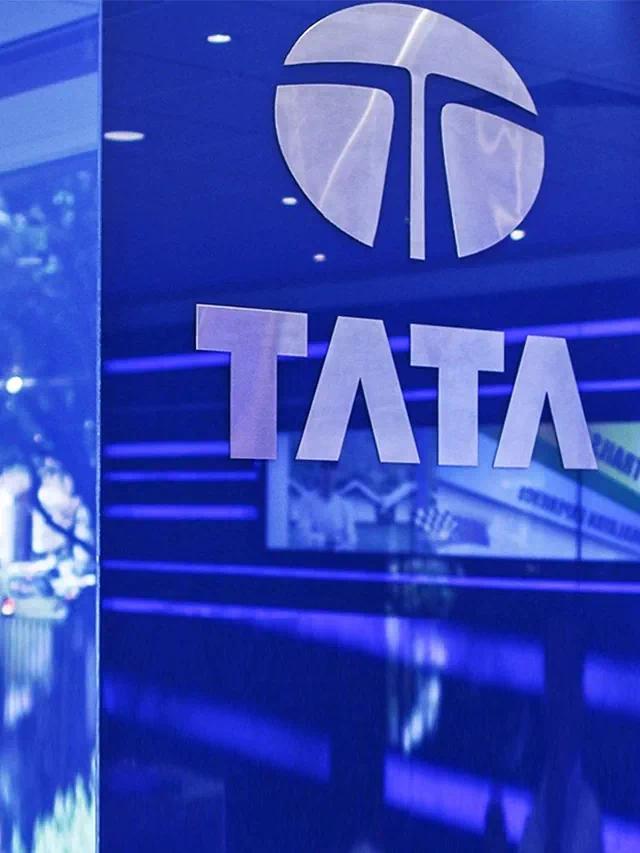It has the world’s second-largest population and a rapidly growing economy, making it an attractive market for investment. Additionally, India’s advancements in technology, science, and nuclear capabilities have also enhanced its global standing. However, India still faces several domestic challenges such as poverty, inequality, and corruption that must be addressed in order to fully realize its potential as a superpower.
India is one of the fastest-growing major economies in the world and has a large and growing middle class. Its strategic location and abundant natural resources also give it a key role in the global energy market. India has made significant investments in its military, including modernizing its armed forces and building a blue-water navy. Additionally, India has a highly educated and skilled workforce and is a major player in the IT and outsourcing industries. However, India also faces many economic and social challenges, including widespread poverty, limited infrastructure, and political and social divisions. Despite these challenges, many experts believe that India is well positioned to become a major global player in the 21st century. In addition to its economic and military potential, India has a rich cultural heritage and is home to a diverse and vibrant society. It has a long history of democracy and a well-established system of government. India is also playing an increasingly important role in regional and global affairs, and is a member of several major international organizations, including the United Nations and the World Trade Organization. India has developed close ties with many countries, particularly in Asia and the developing world, and is seen as a leader in these regions. India’s foreign policy is characterized by its non-aligned stance and its efforts to promote peace and stability in the world. Overall, India’s growing influence and potential as a superpower are due to its combination of economic, military, political, and cultural strengths.
In terms of specific sectors, India has made significant strides in areas such as space technology, where it has launched successful missions to Mars and the Moon. India is also a major contributor to international peacekeeping missions and has played a leading role in the development of the International Solar Alliance. Additionally, India has a large and growing film industry, which is one of the largest in the world and has a major impact on global popular culture. Finally, India’s rich cultural heritage and diversity, including its many languages, religions, and cuisines, have made it a major tourist destination.
It is important to note that India still faces numerous challenges that must be addressed in order for it to fully realize its potential as a superpower. These include income inequality, corruption, and the need for further economic and political reforms. Nevertheless, India’s overall trajectory suggests that it will continue to play an increasingly important role on the global stage in the coming years.
India’s rise as a superpower is also closely linked to its growing international relationships and partnerships. India has developed close ties with many countries, particularly in Asia and the developing world, and is seen as a leader in these regions. India has also established strong economic and political relationships with major global powers such as the United States, Japan, and China, and has played a key role in regional organizations such as the BRICS group (Brazil, Russia, India, China, South Africa) and the Shanghai Cooperation Organization.
In terms of its military capabilities, India has made significant investments in modernizing its armed forces, building a blue-water navy, and enhancing its strategic missile capabilities. India has also been actively involved in regional and global efforts to counter terrorism and enhance regional security, and has played a leading role in international peacekeeping missions.
Overall, India’s rise as a superpower is due to a combination of factors, including its strong economic growth, military capabilities, and strategic relationships with other countries. While India still faces many challenges, its overall trajectory suggests that it will continue to play an increasingly important role on the global stage in the coming years.




